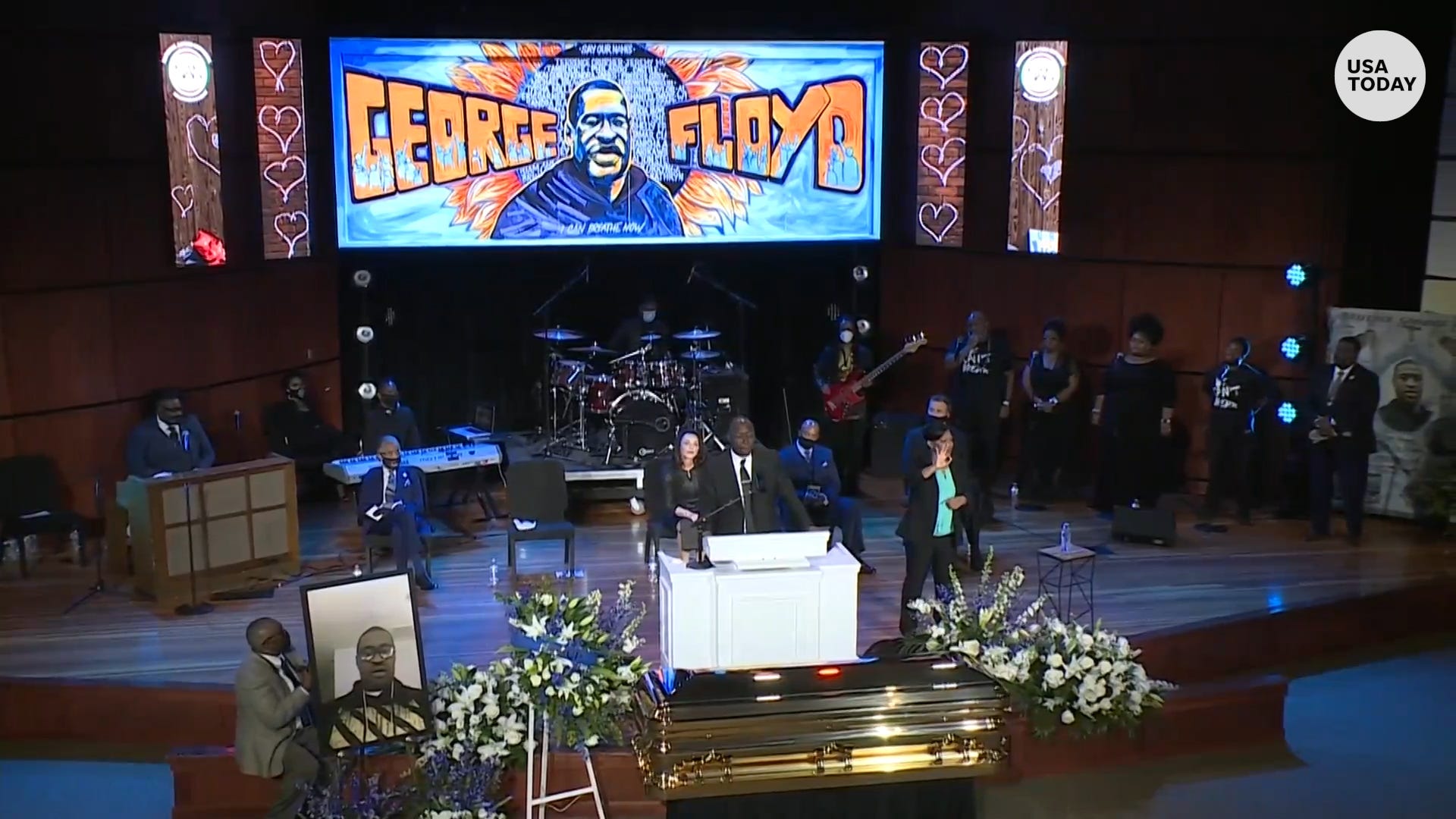Jesse Jackson says white Americans are finally 'awakening' to the nation's racial crisis

The Rev. Jesse L. Jackson Sr. has been at the heart of the fight for civil rights for most of his 78 years, a journey that has taken him from aide to the Rev. Martin Luther King Jr. to running for president in 1988.
But while social justice gains have often been elusive, Jackson now finds himself optimistic. The multi-racial and multi-city protests sparked by the death of George Floyd suggest that many Americans have become painfully aware of the nation’s festering racial wound, Jackson told Paste BN Monday.
“I’m hopeful because we have finally pulled the scab back,” Jackson said. “Many white people never had the chance to really express how they feel. These marches are marches of hope. White people are saying racism is a problem, that’s an awakening.”
While for decades “white America tolerated lynching,” Jackson added, “today white people feel embarrassed by what’s happening.”
In recent days, diverse crowds of Americans have protested in cities large and small over the death of Floyd and other men, women and children killed by police.
Many of the protests were held in towns with relatively small African American populations, from Norfolk, Nebraska, to Farmington, New Mexico. White celebrities have come out in support of Black Lives Matter, including Ariana Grande, Taylor Swift and Justin Bieber.
Minneapolis City Council leader Lisa Bender, who is white, was among those voting for an historic measure Sunday to defund the city's police department. Also on Sunday, former presidential hopeful and Republican Sen. Mitt Romney of Utah tweeted out photos of himself — with the caption "Black Lives Matter" — at a protest near the White House, becoming the first Republican lawmaker to do so.
Jackson said the unprecedented protests are due in part to a perfect storm of issues coming to the fore at the same time, including the coronavirus pandemic, which has disproportionately hit black Americans. He said the outbreak, along with police brutality and income inequality, need to tackled at the ballot box in November.
“We must vote and have our vote counted,” he said.
Jackson highlighted the defeat last week of Iowa Republican Steve King, a longtime congressman whose various controversial remarks included observing that it’s “not objectively true” to call all cultures equal, as well as the growing number of African American leaders in cities outside the South, as evidence “of the growth of our political strength.”
Jackson attended a memorial for Floyd in Minnesota Thursday, hosted a virtual town hall meeting with Massachusetts Sen. Elizabeth Warren to discuss the protests on Saturday, and called for the passage of anti-lynching laws on Sunday while visiting with the family of Breonna Taylor, a 26-year-old Kentucky EMT killed by police in her own home whose death has also fueled the ongoing protest movement.
In recent years, Jackson and his Rainbow Coalition have challenged a range of technology company leaders, including Apple CEO Tim Cook, to improve efforts to recruit people of color. Despite much talk, the numbers remain low: only 6% of Apple’s tech workers are black, compared to 13% of the U.S population.
Jackson said more pressure must be applied “to make sure corporations set goals on recruiting, retaining and promoting people of color.”
But by far the biggest issue of concern, Jackson said, is shifting the way Americans are policed, especially given the disproportionate impact on people of color.
“The cops who killed George, they were free without charges for days,” Jackson said, referring to officer Derek Chauvin, who is charged with second-degree murder. “Every town has a George Floyd in it.”